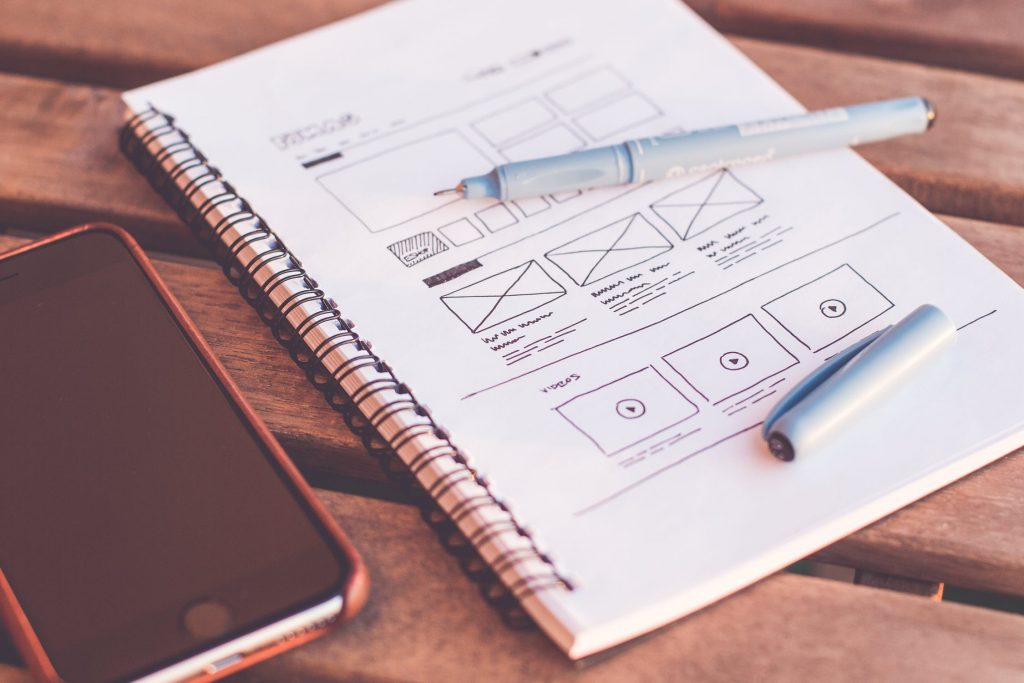Most people think of a website as a digital storefront, a way to showcase their products and services to the world. But for businesses with an online presence, there’s much more to it than that. A website is now an essential part of doing business, and accessibility is key, either by using tools like accessibe WordPress, or by other means. Here’s what you need to know about making your website accessible for everyone with disabilities.
What is Accessibility?
Accessibility means making websites easy to use for everyone. This includes people with disabilities, of course, and those who are just surfing the Internet at work on their computers or mobile devices. For example, it helps users with slower Internet connections by giving them pages that load faster. It helps people with visual impairments by increasing the text size. It’s also useful for people with motor disabilities, as you can use your keyboard instead of your mouse for some tasks.
What Makes a Site Accessible?
Two main things go into making a website accessible:
Tools: Many people use tools like JAWS or NVDA to make their sites accessible. These tools read the text on your site and let you know what comes up as you move around, like a screen reader for your website. While these tools are extremely helpful, they aren’t the only way to create an accessible website. It can help think of accessibility as a journey instead of a destination, as it takes some time to get everything right.
Building Accessible Websites from Scratch: The other major component of making your site accessible is building it from the ground up in an accessible way. That means using the correct HTML (HTML 5 is best) and not relying on Javascript for navigation. Building your website with accessibility in mind will make it easier to adjust later when you use tools like JAWS or NVDA in the future.
What Are My Legal Obligations?
The Americans with Disabilities Act requires that all public websites make their content accessible to those with disabilities. The Department of Justice enforces this, which applies to both regular business websites and mobile apps.
Who Should I Hire?
Hiring a professional web developer isn’t always possible for small businesses, but it’s well worth the cost. They’ll be able to create a site that’s both functional and significant, making it a critical part of your marketing plan. Whether you build the website yourself or hire a developer, it should be as accessible as possible.
If you have ever visited a website only to find certain areas were difficult to read due to font size or color, then you have experienced what it is like to use a site that isn’t mobile-friendly. Like every other user on the Internet, those with disabilities “overcrowd our websites and virtual spaces.” As web technology has enabled online interaction at an unprecedented scale, we can no longer ignore the fact that “discrimination happens online.”
Final Thoughts
Building an accessible website that includes everyone is a growing trend. The people whose business you want to serve may include those with disabilities, and your site should be accessible to them. It’s not just the right thing to do – it’s also good for business.


